Hurricanes pose a serious threat to businesses, particularly those that rely on continuous power to maintain operations. The high winds, flooding, and widespread power outages associated with these storms can disrupt productivity, damage infrastructure, and result in financial losses. Without a reliable emergency power solution, companies face prolonged downtime, safety risks, and data loss.
The Impact of Power Outages on Businesses
During a hurricane, utility power failures can last for days or even weeks. Critical industries such as healthcare, manufacturing, data centers, and construction depend on stable electricity to operate safely and efficiently. Power interruptions in these sectors can lead to:
- Loss of perishable inventory in the food and pharmaceutical industries.
- Disruptions in production and supply chains.
- System failures in data centers, compromising valuable information.
- Increased risks in medical facilities that rely on powered equipment.
How Industrial Generators Support Hurricane Preparedness
Industrial generators are a fundamental part of any hurricane contingency plan. These generators provide an uninterrupted power supply to essential systems, ensuring that businesses can continue operations despite power grid failures. They offer:
- Reliable backup power for critical facilities.
- Scalable energy solutions based on power needs.
- On-demand deployment in emergencies.
Contingency plans are essential when preparing for hurricane season to minimize downtime. For more on how to power off-grid operations effectively, read our article on powering off-grid operations with commercial generator rentals and towable diesel generators.
Types of Industrial Generators for Emergency Use
When preparing for hurricane season, businesses must select the right type of generator based on their operational requirements. The most common industrial generator types include:
| Generator Type | Fuel Source | Ideal Use |
| Diesel Generators | Diesel Fuel | Large-scale industrial applications with high power demands. |
| Natural Gas Generators | Natural Gas | Continuous power with a direct gas line connection. |
| Trailer-Mounted Generators | Diesel/Natural Gas | Mobile power solutions for multiple locations. |
What Should Businesses Consider When Renting an Industrial Generator?
Reliable backup power is critical for businesses during hurricane-related outages. A sudden loss of electricity can halt operations, damage equipment, and result in financial losses. Industrial generators provide a stable power source, but choosing the right rental requires careful planning.
Several factors influence the effectiveness of an emergency power solution. From selecting the right capacity to ensuring compliance with safety regulations, businesses must make informed decisions to prevent costly disruptions. Key considerations include:
- Power Capacity: An undersized generator can’t support essential equipment, while an oversized unit wastes fuel. Use a power calculator to accurately assess your needs.
- Fuel Supply: Diesel offers efficiency and long operation, while natural gas provides continuous power without on-site storage. Refer to a Fuel Consumption Chart to estimate fuel usage and secure a reliable supply in advance.
- Location: Generators should be elevated to prevent flood damage, well-ventilated to avoid overheating, and easily accessible for refueling and maintenance.
- Maintenance and Support: Choose a provider that offers routine servicing, emergency repairs, and backup components like extra cables and transfer switches.
- Rental Flexibility: Businesses should have options to adjust power capacity as needed. Short-term and long-term rental plans help match operational demands.
- Regulatory Compliance: Ensure the generator meets EPA emissions standards, OSHA workplace safety guidelines, and NFPA fuel storage regulations.
Carefully considering these factors allows businesses to choose a reliable generator rental, minimizing downtime and maintaining seamless operations throughout hurricane events.
Preparing a Hurricane Power Contingency Plan
Unplanned power outages during hurricanes can disrupt business operations, jeopardize safety, and result in financial losses. A well-structured contingency plan ensures that essential systems remain powered, minimizing downtime and operational risks. By proactively addressing power needs, businesses can maintain continuity and recover faster after a storm.
To create an effective emergency power strategy, companies should:
- Assess operational power requirements before hurricane season begins.
- Determine the number of generators needed to sustain operations.
- Establish a refueling and maintenance schedule for prolonged outages.
- Work with a reliable generator rental provider for quick deployment.
Why Businesses Trust Industrial Generator Rentals for Storm Season
Owning an industrial generator requires significant investment, ongoing maintenance, and storage space, making it an impractical option for businesses that only need backup power during hurricane season. Renting provides a more flexible and cost-effective solution, ensuring businesses have reliable power when they need it without long-term commitments.
Renting offers several advantages:
- No upfront capital investment, allowing businesses to allocate resources elsewhere.
- Access to modern, high-capacity generators tailored to specific power needs.
- Technical support and maintenance included, reducing the burden on internal teams.
- Scalability to adjust generator size and capacity based on changing operational requirements.
With the flexibility and reliability of rentals, businesses can confidently prepare for storm season without the burden of ownership.
Fuel Management for Extended Outages
A reliable fuel supply is essential for keeping industrial generators running during prolonged power outages. Without proper planning, businesses risk operational disruptions and increased costs. Ensuring fuel availability before and after a hurricane helps maintain continuous power and prevents unexpected downtime.
Key considerations for effective fuel management include:
- Bulk fuel storage to sustain operations during long-term outages.
- Scheduled refueling services to prevent power interruptions.
- Fuel efficiency strategies to optimize consumption and extend generator runtime.
Understanding different fuel options is also key in selecting the right strategy for extended outages. Learn more about fuel selection and management to ensure uninterrupted operations during hurricane recovery.
Ensuring Compliance with Safety and Regulatory Standards
Operating industrial generators during hurricane-related outages requires adherence to strict safety and environmental regulations. Compliance not only protects employees and assets but also helps businesses avoid fines and legal complications. Ensuring that rental generators meet industry standards is a critical step in emergency preparedness.
Businesses should comply with:
- Environmental Protection Agency (EPA) emission standards to minimize air pollution and meet sustainability requirements.
- Occupational Safety and Health Administration (OSHA) guidelines for safe installation, operation, and maintenance.
- National Fire Protection Association (NFPA) fuel storage regulations to prevent fire hazards and ensure proper handling.
Working with a reputable generator rental provider helps businesses meet these safety requirements while maintaining reliable backup power during storms.
How Stag Power Rentals Supports Business Continuity
Stag Power Rentals delivers reliable industrial generator rental services across Texas, Louisiana, Oklahoma, Alabama, Mississippi, and Florida. Our extensive fleet features high-capacity generators built to withstand severe weather conditions, ensuring businesses maintain operations before, during, and after hurricanes.
With flexible rental plans, expert technical support, and rapid deployment, we provide businesses with the emergency power solutions they need to stay prepared.
Request a quote today to secure a generator rental and safeguard your operations from hurricane-related power outages.



